Are you interested in military history? These are the must-visit war museums in Poland:
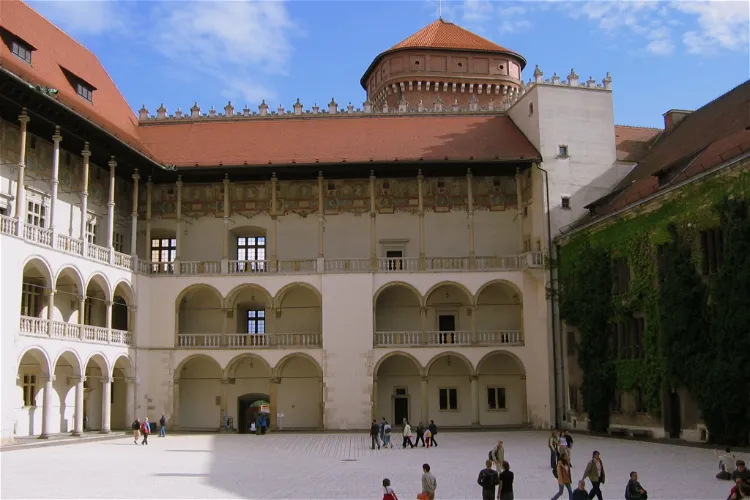
Wawel Royal Castle
KrakówThe Wawel Royal Castle National Art Collection is a significant part of the historic Wawel Castle in Kraków. This residence museum houses a vast collection of art, providing visitors with a glimpse into the rich history and culture of the region. The collection was officially inaugurated in 1930 and has been known by its current name since 1994.- Online discount!
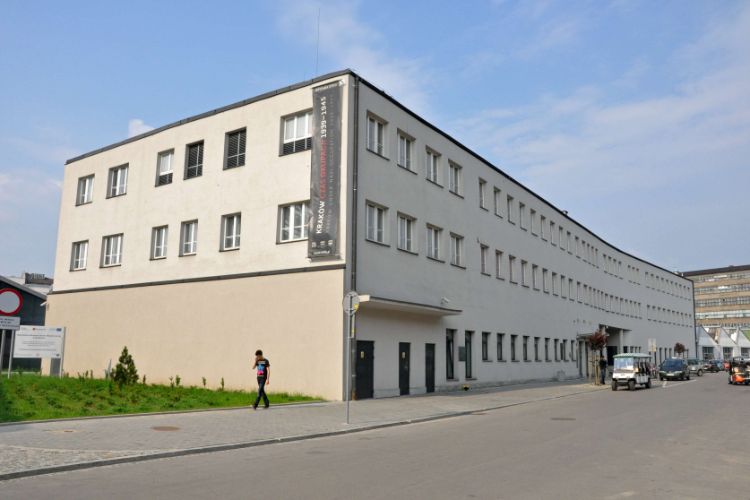
Oskar Schindler's Factory
KrakówOskar Schindler's Factory (Fabryka Schindlera) is a museum dedicated to Krakow during the Nazi occupation between 1939 and 1945. It is one of the locations of the Historical Museum of the City of Krakow. The museum is named after Oskar Schindler, who owned the factory during the Second World War. Sc 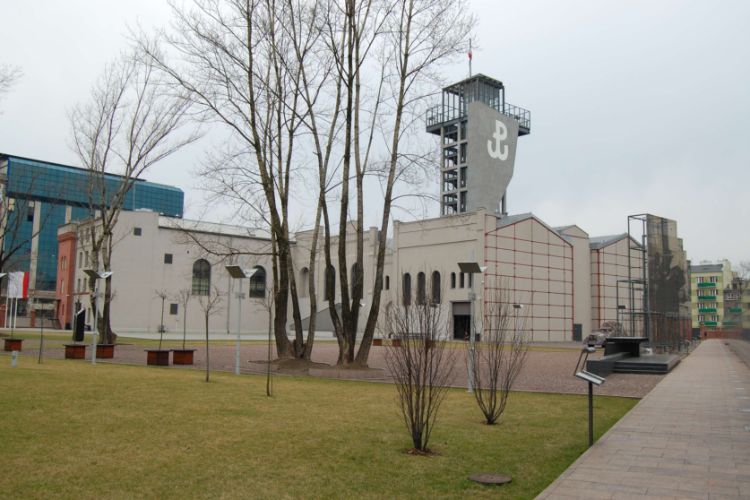
Warsaw Uprising Museum
WarsawThe Warsaw Uprising Museum (Muzeum Powstania Warszawskiego) is a historical museum in Warsaw that illustrates the events of the Warsaw Uprising, which lasted from 1 August to 2 October 1944. On the one hand, the permanent exhibition shows the insurgents' commitment to a free Poland and, on the other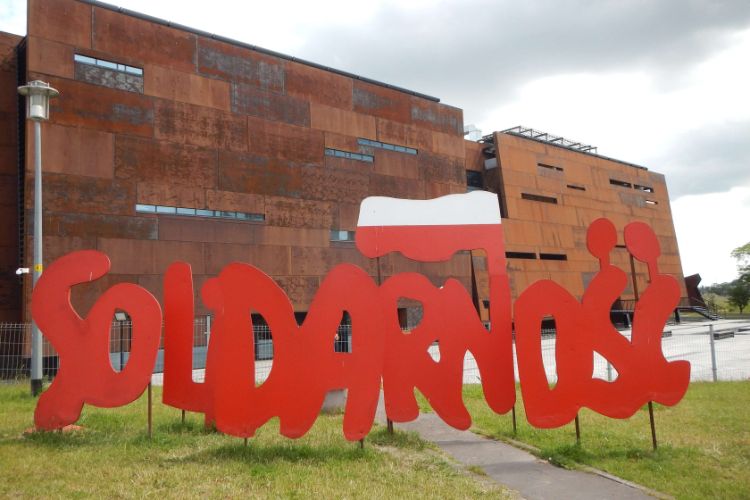
European Solidarity Centre
GdańskThe European Solidarity Centre in Gdańsk in Poland is a museum that is dedicated to the history of solidarity and opposition movements of Communist Eastern Europe, including the Polish trade union and civil resistance movement. The museum commemorates the revolution of Solidarity and the fall of com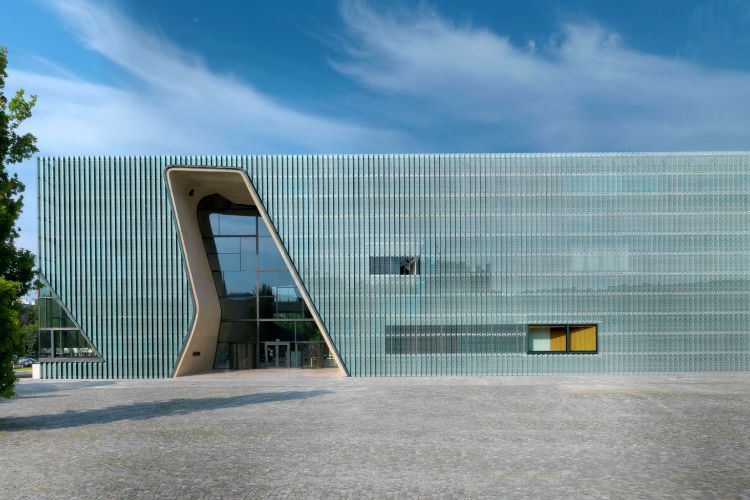
POLIN Museum of the History of Polish Jews
WarsawThe POLIN Museum of the History of Polish Jews is a museum in Warsaw that is dedicated to the history of Judaism in Poland. The museum is located on the site of the former Warsaw ghetto, opposite the memorial commemorating the 1943 uprising in the ghetto. The exhibition covers consists of eight gall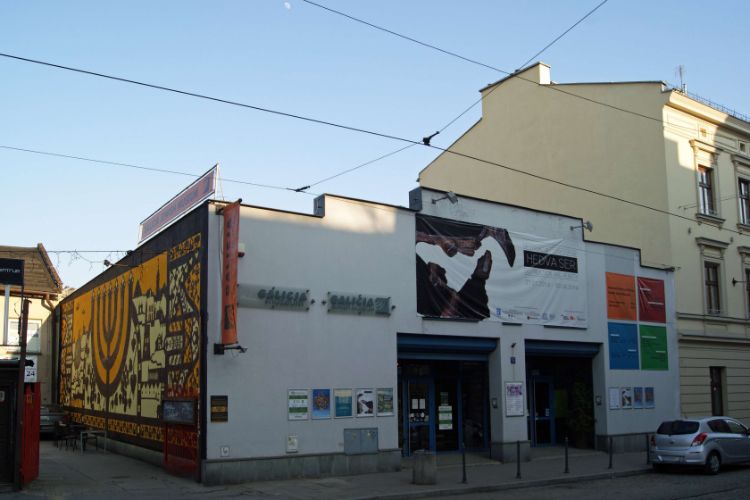
Galicia Jewish Museum
KrakówThe Galicia Jewish Museum (Żydowskie Muzeum Galicja) is a museum with a photo exhibition in Krakow that documents the remnants of Jewish culture and life in Polish Galicia. The main exhibition of the Galicia Jewish Museum commemorates the 800-year Jewish history through photographs of synagogues, ce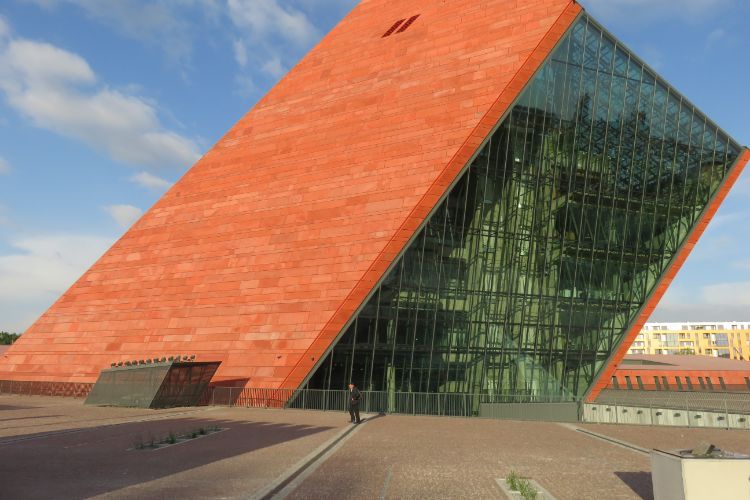
Museum of the Second World War
GdańskThe Museum of the Second World War is a military museum in Gdańsk and is - as its name implies - dedicated to the Second World War. The museum is housed in a symbolic architectural space and exhibits more than 2,000 items divided in segments spread over three narrative blocks, namely: The Road to Wa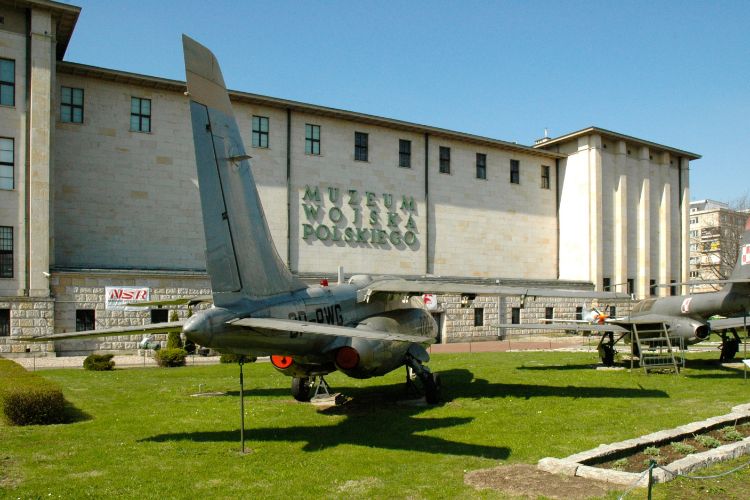
Polish Army Museum
WarsawThe Polish Army Museum (Muzeum Wojska Polskiego) traces Poland's military history and is mostly housed in a wing of the Polish National Museum in Warsaw. The museum is the largest military museum in Poland and the second largest museum in Warsaw with over 250,000 exhibits. The objects relate to the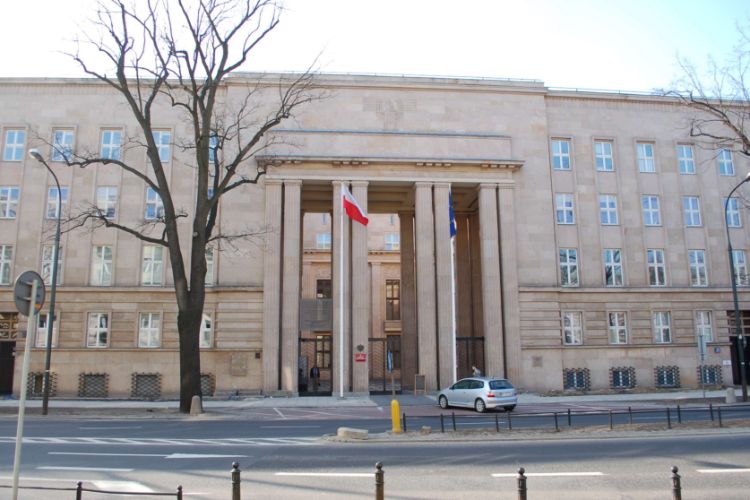
Mausoleum of Struggle and Martyrdom
WarsawThe Mausoleum of Struggle and Martyrdom (Mauzoleum Walki i Męczeństwa) in Warsaw is located in the basement of the former headquarters of the Gestapo during the occupation of Warsaw by German troops during World War II. In the former prison today the then detained, tortured and murdered are commemor- Online discount!
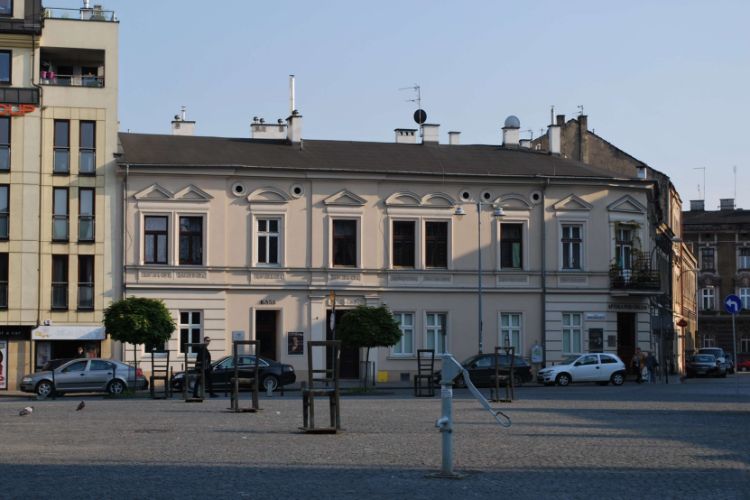
Apteka pod Orlem - Ghetto Eagle Pharmacy Museum
KrakówApteka Pod Orłem (Pharmacy Under the Eagle) was the only pharmacy in the Krakow ghetto. The pharmacy was established in 1910 by Jozef Pankiewicz. During the Second World War the owner was his son Tadeusz Pankiewicz, the only Pole who lived within the boundaries of the ghetto, from the beginning to t 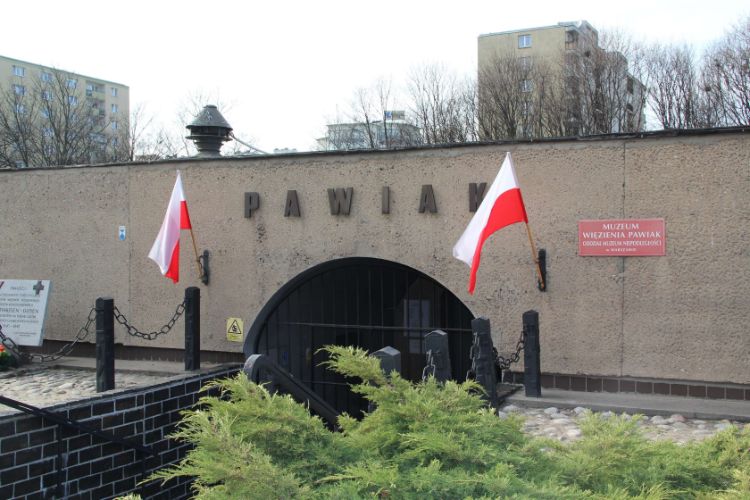
Pawiak Prison Museum
WarsawPawiak was a prison in Warsaw that was built in 1835. During the January 1863 Uprising, it served as a transfer camp for Polish people sentenced by Imperial Russia to deportation to Siberia. During the World War II, the Pawiak Prison became part of the Nazi concentration-death camp apparatus. In 194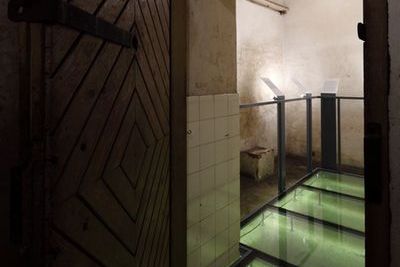
Pomorska street Gestapo prison
KrakówThe Pomorska street in Krakow contained the headquarters of the Nazi Gestapo police during World War II (including the Gestapo prison). The Pomorska street Gestapo prison is now a museum that exhibits documents, archive material, photographs and various items related to a recent past of Poland and t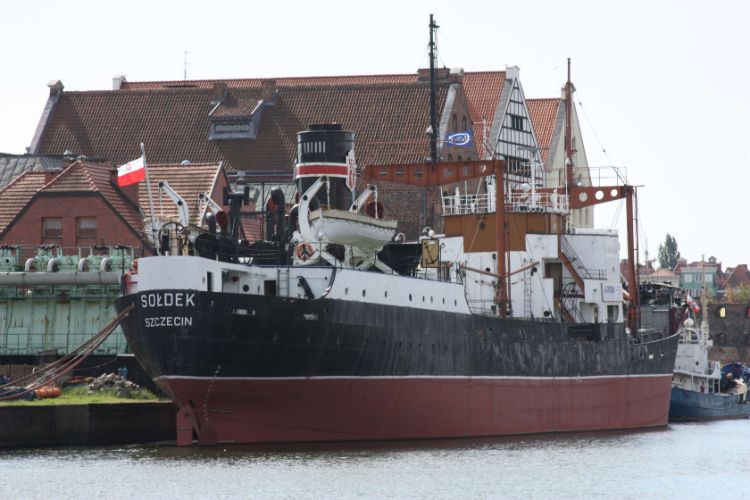
National Maritime Museum
GdańskThe National Maritime Museum in Gdańsk is a maritime museum devoted to maritime history of Poland and its economy through the ages. The museum holds a collection of artifacts and documents related to boatbuilding, shipbuilding, river and sea navigation, fishery, sailing, military science and maritim
Polish Post Office Museum
GdańskThe Polish Post Office Museum is housed in the building that was not only the home of the postal service but also the building that acted as the centre of the Polish government's intelligence. The building got badly damaged, but was reconstructed after the war between 1949 and 1951. The building is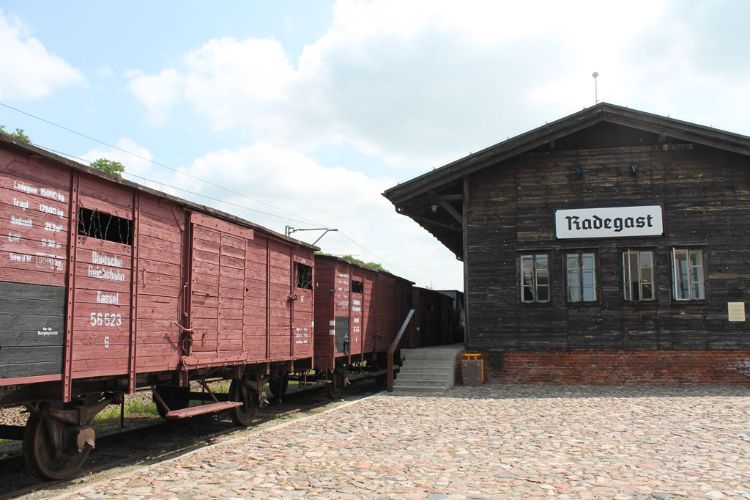
Radegast Station - Independence Traditions Museum
ŁódźThe Radegast train station is a small historic train station in Łódź that was built between 1926 and 1937 and during World War 2 was situated just beyond the boundary of the Łódź Ghetto. The Radegast was the main link of the Ghetto to the world outside and primarily used for the Holocaust transports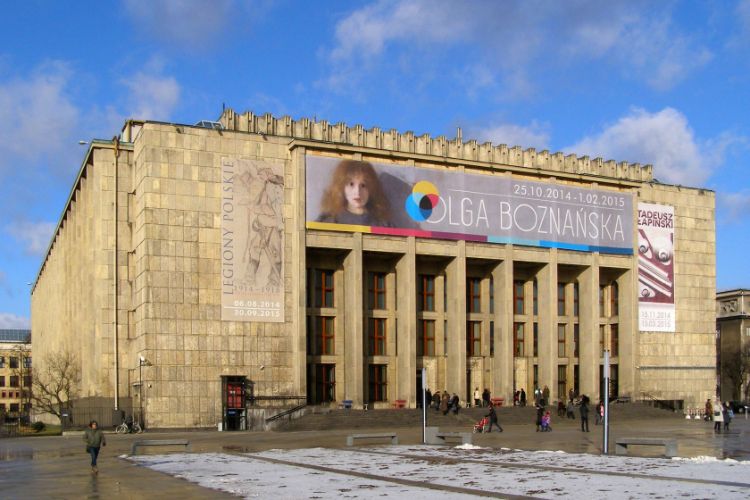
National Museum in Kraków
KrakówThe National Museum in Kraków (MNK, Muzeum Narodowe w Krakowie) consists of 21 departments and holds about 780,000 art objects, spanning from classical archeology to modern art, with special focus on Polish painting. This main location houses three permanent galleries of the National Museum in Krako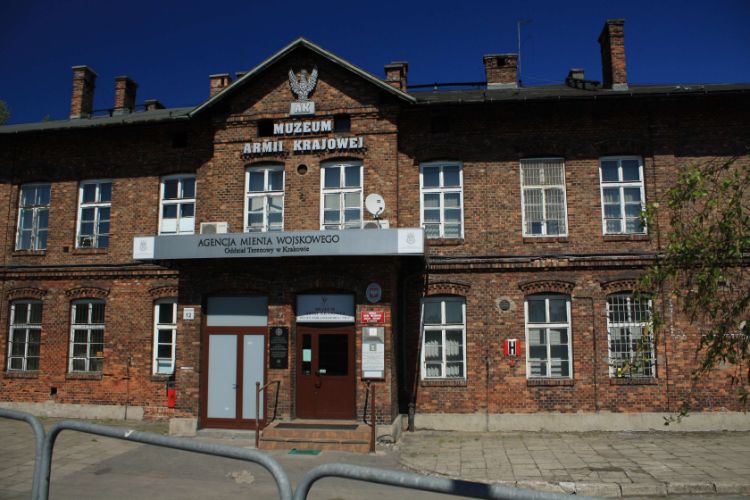
Home Army Museum
KrakówThe Home Army Museum (Muzeum Armii Krajowej) is a museum in Krakow that commemorate the struggle for independence by the underground Polish Secret State and its military arm Armia Krajowa, which is called The Home Army. This "army" was the largest resistance movement in occupied Europe during the se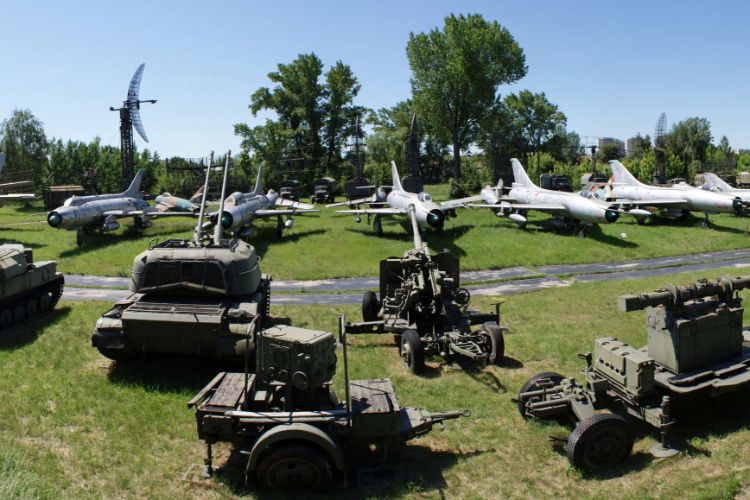
Museum of Polish Military Technology
WarsawThe Museum of Polish Military Technology (Muzeum Polskiej Techniki Wojskowej) is located at the former Fort IX of the Warsaw Fortress in Sadyba in Warsaw's Mokotów district. Together with the Katyń Museum Warsaw, which is also housed here, it is a branch of the Museum of the Polish Army. The fortres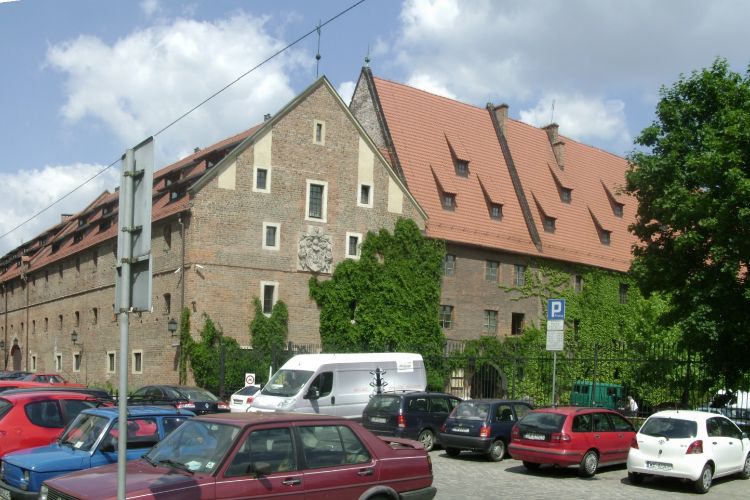
Wroclaw Military Museum
WrocławThe Wroclaw Military Museum is housed in the Wrocław City Arsenal (Arsenał Mikołajski) that dates back to the 15th century. The Wroclaw Military Museum holds a collection with Polish and foreign military artefacts, including melee weapons (17th - 20th century), firearms (19th - 20th century), helmet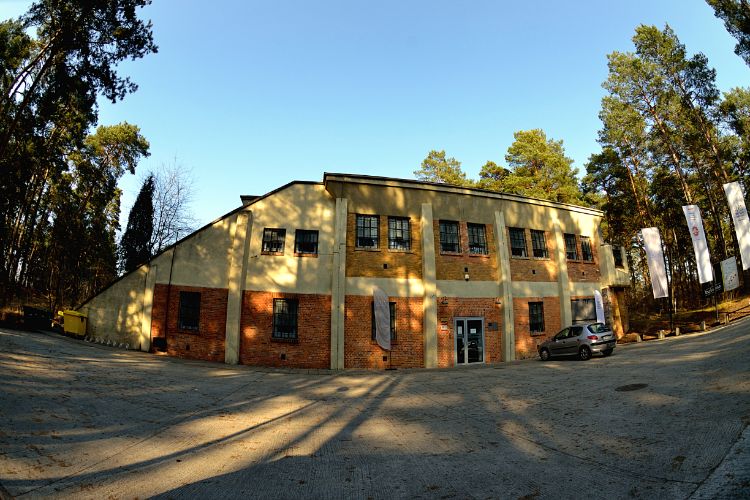
Exploseum
BydgoszczExploseum is a museum in Bydgoszcz on on military technology, located close to the Bydgoszcz Industrial and Technological Park, Zachem Chemical Factory and the Bydgoszcz Forest. It was a place known for inhuman forced labour involving over 40,000 workers of the former DAG Fabrik Bromberg. Out of sev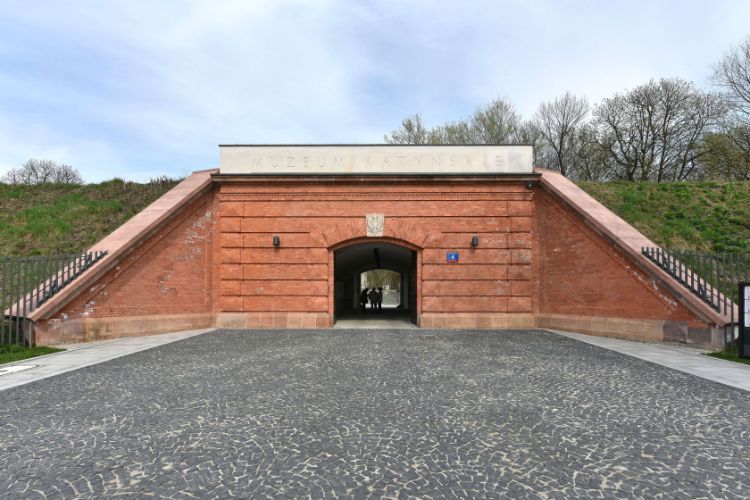
Katyn Museum
WarsawThe Katyn Museum (Muzeum Katyńskie) in Warsaw houses an exhibition on the prehistory, the development and the consequences of the Katyn massacre, in which around 4,000 Polish officers were murdered in 1940 by the Soviet secret service NKVD. The museum was established in 1993 and is located in the Po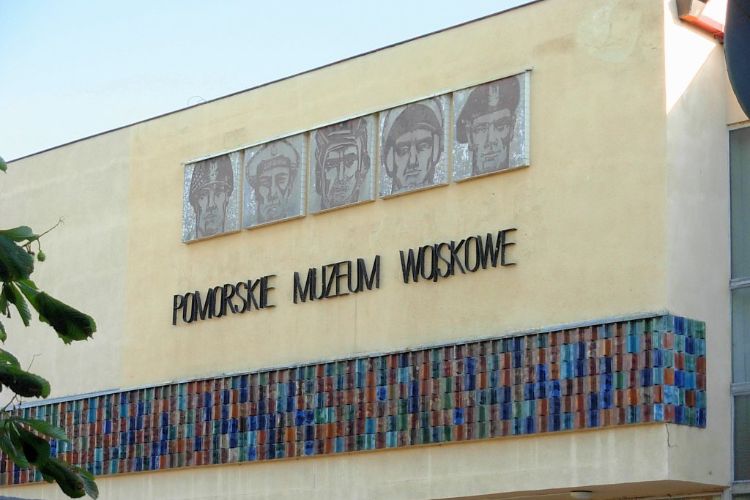
Muzeum Wojsk Lądowych
BydgoszczThe Muzeum Wojsk Lądowych is a military museum in Bydgoszcz, and is the only museum in Poland dedicated to land forces (the army). The museum hold a collection of obejects and vehicles related to the army of Poland.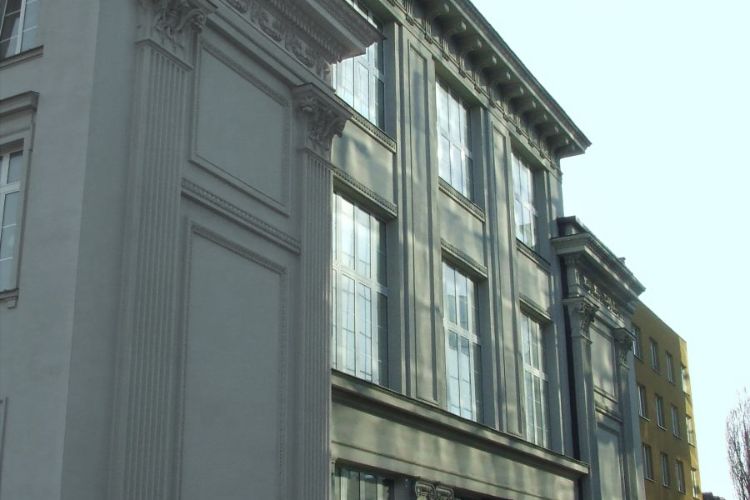
Jewish Historical Institute
WarsawThe Jewish Historical Institute (Żydowski Instytut Historyczny, ŻIH) in Warsaw houses one of the most significant collections on Jewish history in Poland, including the Ringelblum Archive (the Warsaw Ghetto, also called Oneg Shabbat) that contains about 6000 documents, and is an important research f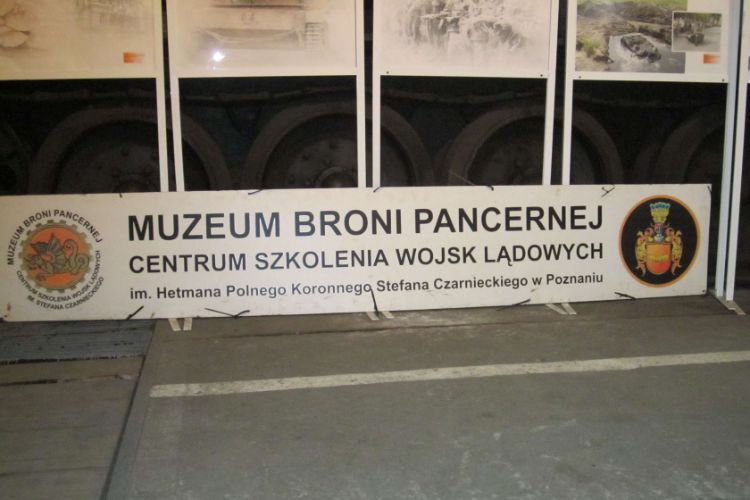
Armored Weaponry Museum
PoznańThe Armored Weaponry Museum (Armoured Warfare Museum) in Poznań is a musuem that holds the largest collection of armoured fighting vehicles in Poland. The museum exhibits around 40 vehicles from the First World War, interwar, Second World War and Cold War periods. The museum features Tanks, Self-pro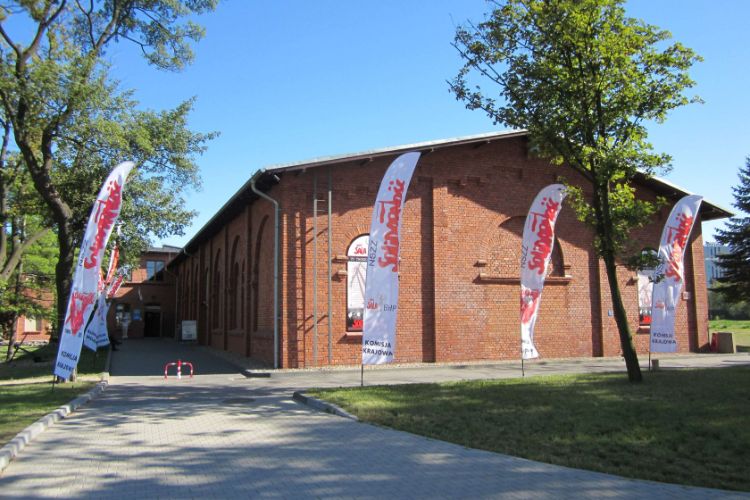
Sala BHP
GdańskSala BHP (BHP room) is a historic building in Gdańsk which used to be a part of Gdansk Shipyard. It is the place where the August agreements were signed in 1980. It now serves as an exhibition and convention centre and hosts various events.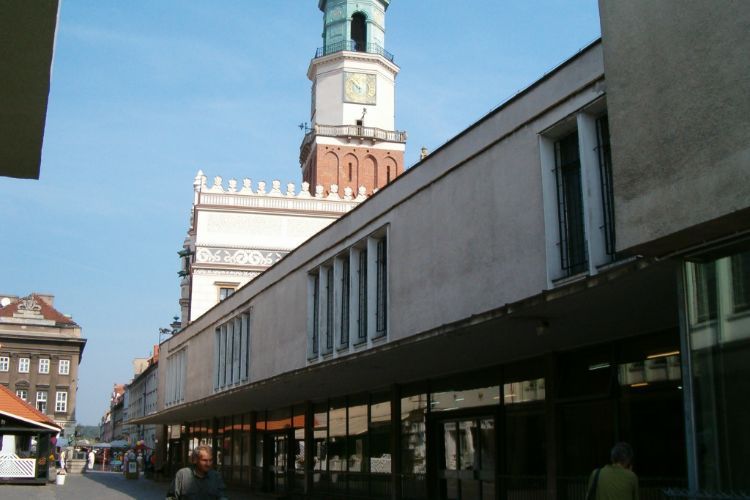
Wielkopolska Military Museum
PoznańThe Wielkopolska Military Museum is a military museum in Poznań that is housed in a communist-era pavilion. The museum holds collections that are related to the military history of Poland, from the 11th century onwards. Highlights in the museum are a 16th-century rapier-sword with a hilt that was fo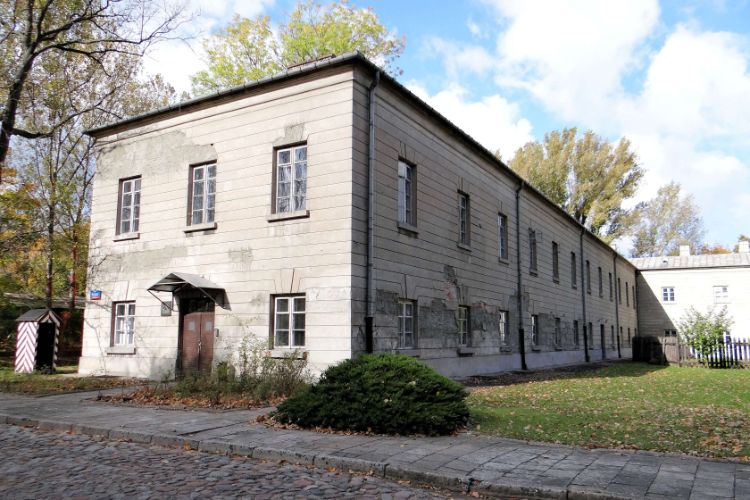
Museum of Pavilion X
WarsawThe Xth Pavilion of the Citadel Warsaw (X Pawilon Cytadeli Warszawskiej) is a former prison on the grounds of the Warsaw Citadel. Today it is host to one of the most important museums on martyrdom in Poland. Three permanent exhibitions are shown in the museum. The first exhibition traces the struggl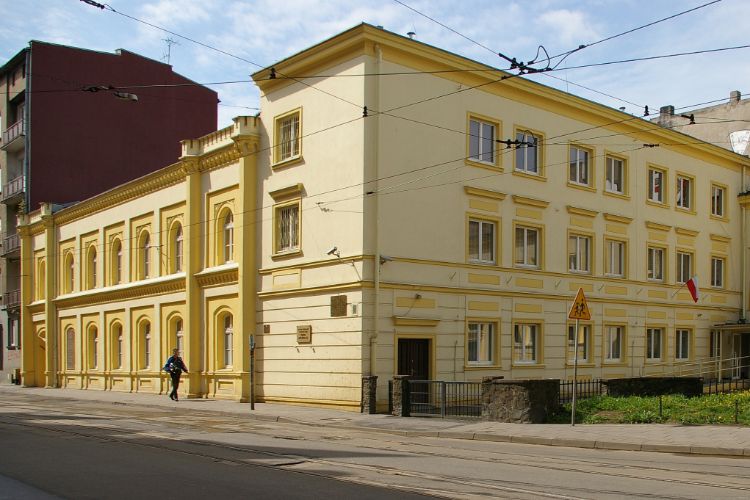
Museum of Independence Traditions
ŁódźThe Museum of Independence Traditions is a museum in Łódź with several branches. The museum hols collections of all kinds of memorabilia related to independence traditions, primarily from the Łódź region. The museum is specialized in the history of the German occupation of 1939-1945 in Łódź and the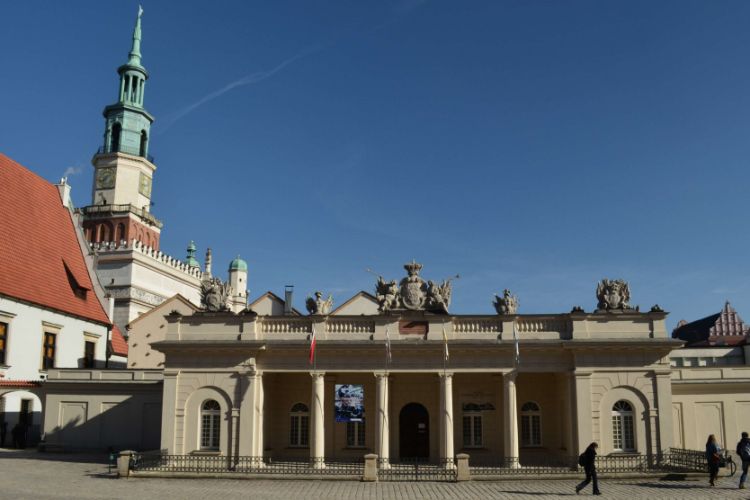
Museum of the Greater Poland Uprising 1918 - 1919
PoznańThe Museum of the Greater Poland Uprising 1918 - 1919 is a military museum in Poznań. The museum illustrates the outbreak and course of the Greater Poland Uprising in 1918-1919. Furthermore, the museum presents the history of the independence movement of Wielkopolska from the first half of the 19th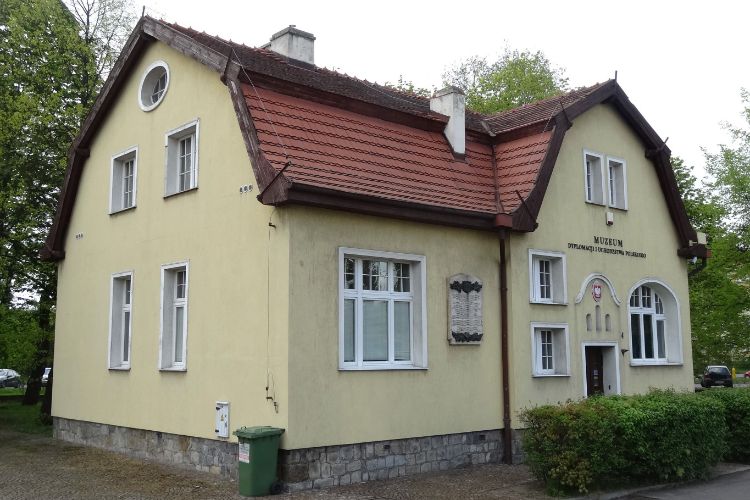
Museum of diplomacy and Polish refugees
BydgoszczThe Museum of Polish Diplomacy and Refugee in Bydgoszcz holds a collection concerning the Polish foreign service, the history of the Polish Government in Exile, as well as materials that depict the life and activities of Polish people living in various parts of the world.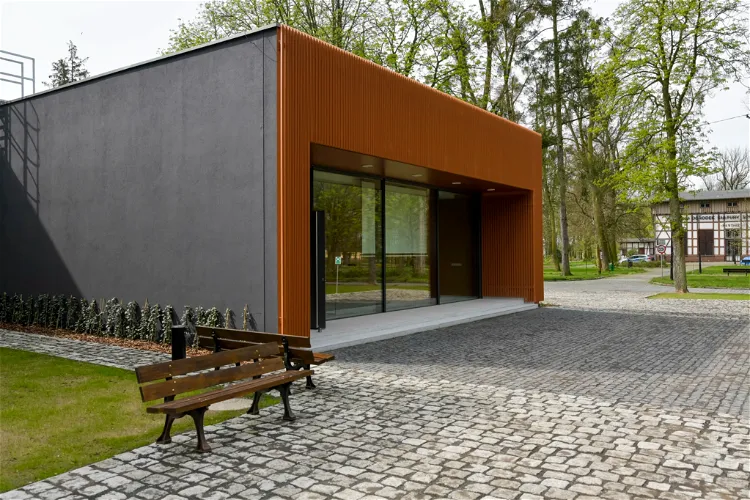
Central Prisoner of War Museum
ŁambinowiceThe Łambinowice seat of the Central Museum of Prisoners-of-War is located within the oldest part of the Lamsdorf military range, referred to as Camp I (Lager I) in the past. Even prior to that it was known as the camp of foot artillery (Fusslager). Until the end of World War 2, there were Prussian a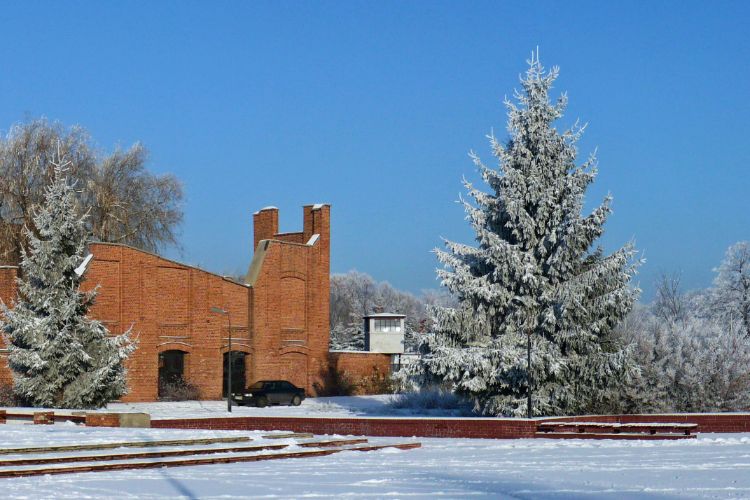
Radogoszcz prison - Museum of Independence Traditions
ŁódźThis branch of the Museum of Independence Traditions is situated inside the Radogoszcz prison, a German Order Police and Gestapo prison in Łódź. The museum commemorates its wartime victims and offers its visitors a chronological journey on the Roads to Independence experienced in Łódź, covering the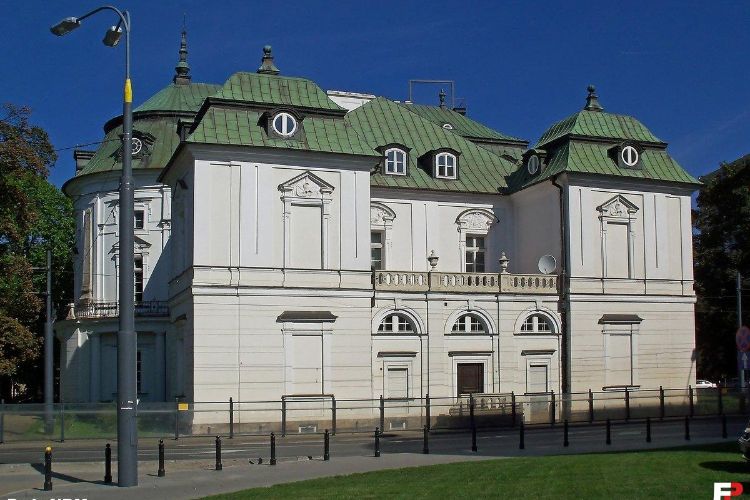
Museum of Independence
WarsawThe Museum of Independence (Muzeum Niepodległości) is a museum in Warsaw that is located in the former Przebendowski Palace. Besides this location, the Museum of Independence has the following branches: the X Pavilion Museum at the Warsaw Citadel, the Museum of Pawiak Prison and the Mausoleum of Str